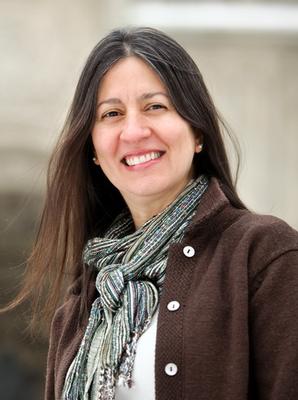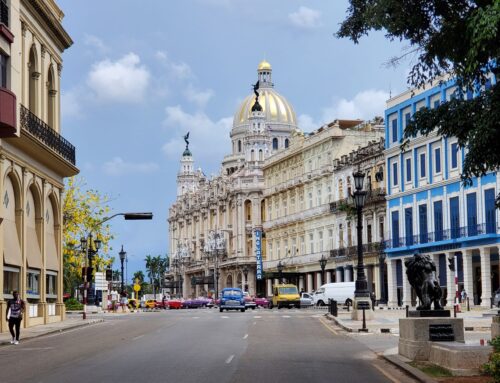Associate professor of Hispanic Studies, Edna Rodriguez-Plate, presented the paper “Afro-Cuban Mythologies: Deities, Race, and Politics,” at the international conference “Religious Conflicts and Coexistence” held at Chonbuk National University in Jeonju, South Korea, in October.In her paper, Rodriguez-Plate noted how Cuban film and literature has reoriented Afro-Cuban religious and aesthetic practices in order to construct a national identity based on West African roots and traditions. This included attention to Lydia Cabrera’s short stories, as well as “classic” works of Cuban fiction, and the more contemporary films of Tomás Gutiérrez Alea, Carlos Tabío, and Gloria Rolando. In these cultural productions, it becomes clear how culture and religion are intertwined at the base of national constructions of history. This happens even within the parameters of Marxism, and more precisely after the social revolution of 1959.





